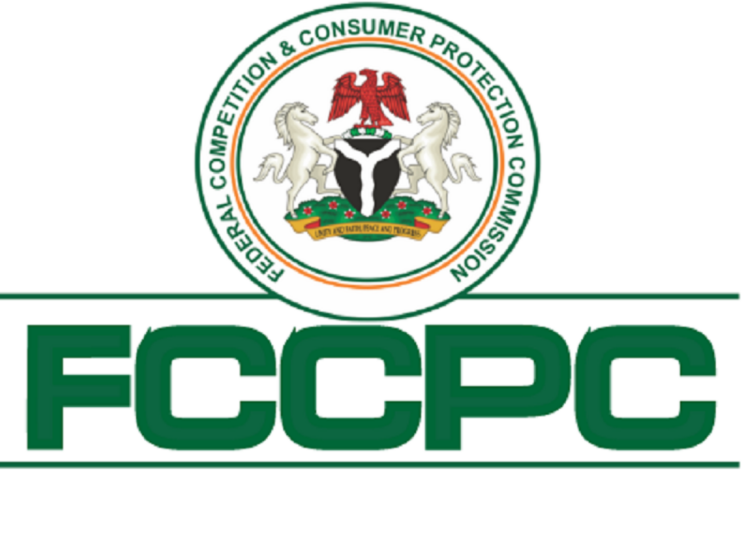As part of measures to tackle consumer exploitation over pricing, the Federal Competition and Consumers Protection Commission (FCCPC) on Wednesday revealed that it had finalised plans to partner with traders, heads of local markets, and stakeholders in the economy’s production and distribution value chain.
In a passionate appeal, the commission urged stakeholders to join the crusade in curbing price fixing and other unethical practices.
The call was made by the executive vice chairman/CEO of FCCPC, Mr Tunji Bello, in Lagos while addressing a cross-section of captains of large and small-scale industries, leaders of market associations, transport operators, and service providers at a town hall meeting hosted by the FCCPC.
Bello, who explained the purpose of the meeting, said it was prompted by concerning findings made by the commission during a nationwide survey.
“We discovered that some traders form cartels in the markets and impose barriers in the form of excessive membership fees intended to enforce price fixing. Without joining these cartels, traders are not permitted to sell goods or provide services in the market.
“Such practices are illegal and constitute some of the offences the Commission is committed to addressing,” said the FCCPC boss.
Speaking further, Bello said, “The purpose of the town hall meeting initiative is to engage you, the stakeholders in the production and retail segment of the market, as well as service providers, to hear your experiences and reach a consensus for the benefit of all.”
The meeting, held in Ikeja, Lagos, follows a similar one held in Abuja two weeks ago. The FCCPC initiative comes as Nigerians are experiencing sharp increases in the prices of food items and transportation across the country.
While acknowledging that the exchange rate and the increase in petrol prices make previous prices unsustainable, Bello criticised disproportionate increases in food item prices, which he said are often driven by cartels exploiting consumers.
Although sections of the law empower the commission to deal decisively with offenders, Bello said the FCCPC chose first to explore dialogue in addressing the growing trend.
He pointed out that Section 17 of the FCCP Act empowers the commission to eliminate anti-competition practices and misleading, unfair, deceptive, or unconscionable marketing, trading, and business practices.
According to him, the law also prescribes sanctions, including a fine of up to £10 million and a three-year jail term for anyone found guilty by the court.
The FCCPC boss also disclosed that the commission has upgraded its portal, through which aggrieved consumers can lodge complaints, and their grievances will be addressed promptly.
On the economic outlook, Bello stated that removing taxes on imported food items, pharmaceutical products, and transportation was part of measures the Tinubu administration took to cushion the effects of the reforms introduced to reposition the Nigerian economy.
He sought the cooperation of traders to ensure that consumers benefit from reduced prices. “Such commendable measures by President Tinubu would, however, be in vain if the benefits are not passed down to the consumers,” said Bello.
The executive commissioner, Operations, FCCPC, Dr Abdullahi Adamu, while responding to complaints from various stakeholders, including a representative of the farmers’ association who accused traders of exploiting their customers by overpricing goods, and leaders of market associations who opposed the allegations, said the commission had conducted its findings and the stakeholders meeting was to confirm these discoveries and listen to the complaints of different groups.
Adamu added that the FCCPC had adopted a policy of capping on some goods and required the cooperation of all stakeholders at the one-day engagement on exploitative pricing.





